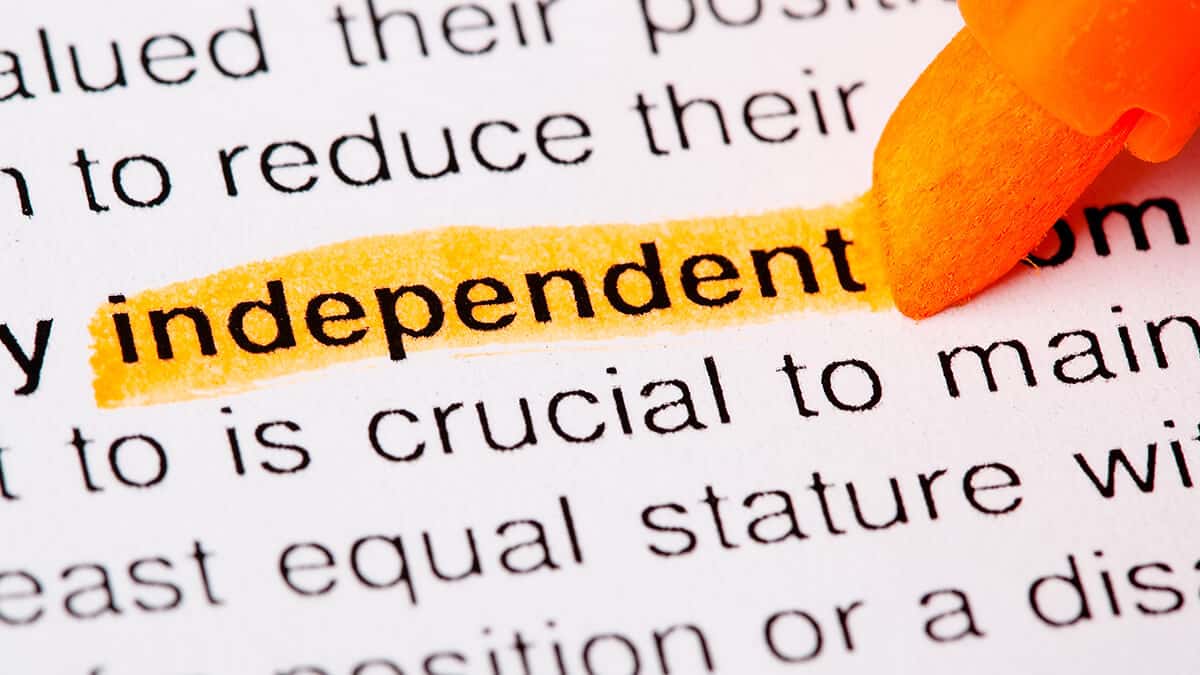In this guide
Given the complexity of superannuation and financial products, and the widespread belief that financial advice is for “people with more money than me”, it’s fair to say there are many more Australians who would benefit from financial advice than there are those who seek it.
According to the Investment Trends 2022 Financial Advice Report, over 12.4 million Australians have unmet advice needs. The main barrier most often cited is cost, as rising fees and falling adviser numbers put advice out of the reach of many Australians.
Affordability was one of the issues addressed by the government’s Quality of Advice review, but at the time of writing the government is yet to respond to the report’s recommendations.
Note: The terms financial adviser and financial planner are used interchangeably, with no difference between the two. In this article, we will use financial adviser for the sake of consistency.
It appears many people assume financial advice is beyond their means, but is that the case? And who can you trust to provide advice?
Who can you turn to?
The cost of financial advice can vary considerably, depending on the type and extent of advice, your level of wealth and how you pay.
No matter what sort of financial advice you are after, anyone who calls themselves a financial adviser or a financial planner in Australia must be an Australian Financial Services (AFS) licence holder (or one of their authorised representatives).
AFS licences are issued by the Australian Securities and Investments Commission (ASIC). ASIC is Australia’s corporate regulator and maintains a financial advisers register where you can find information about an adviser including:
- Whether they are currently registered
- Their employment history
- Their qualifications
- Their memberships of professional associations
- The type of products they are licensed to advise on, such as superannuation, insurance and investments.
To maintain their registration, licence holders (and their authorised representatives) must be appropriately qualified, and they must undertake regular training to ensure they keep their financial knowledge up to date.
Don’t pay for (or accept) any financial advice from a self-proclaimed adviser or planner who is not currently registered with ASIC!












